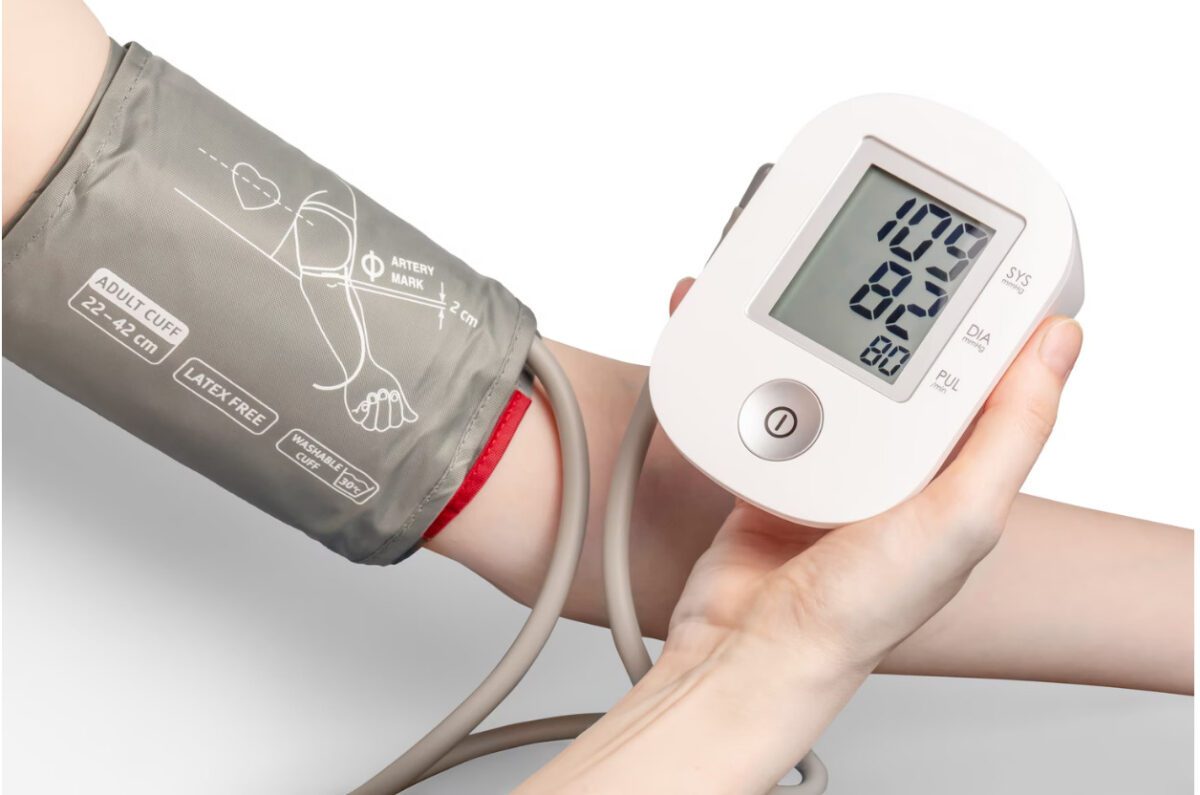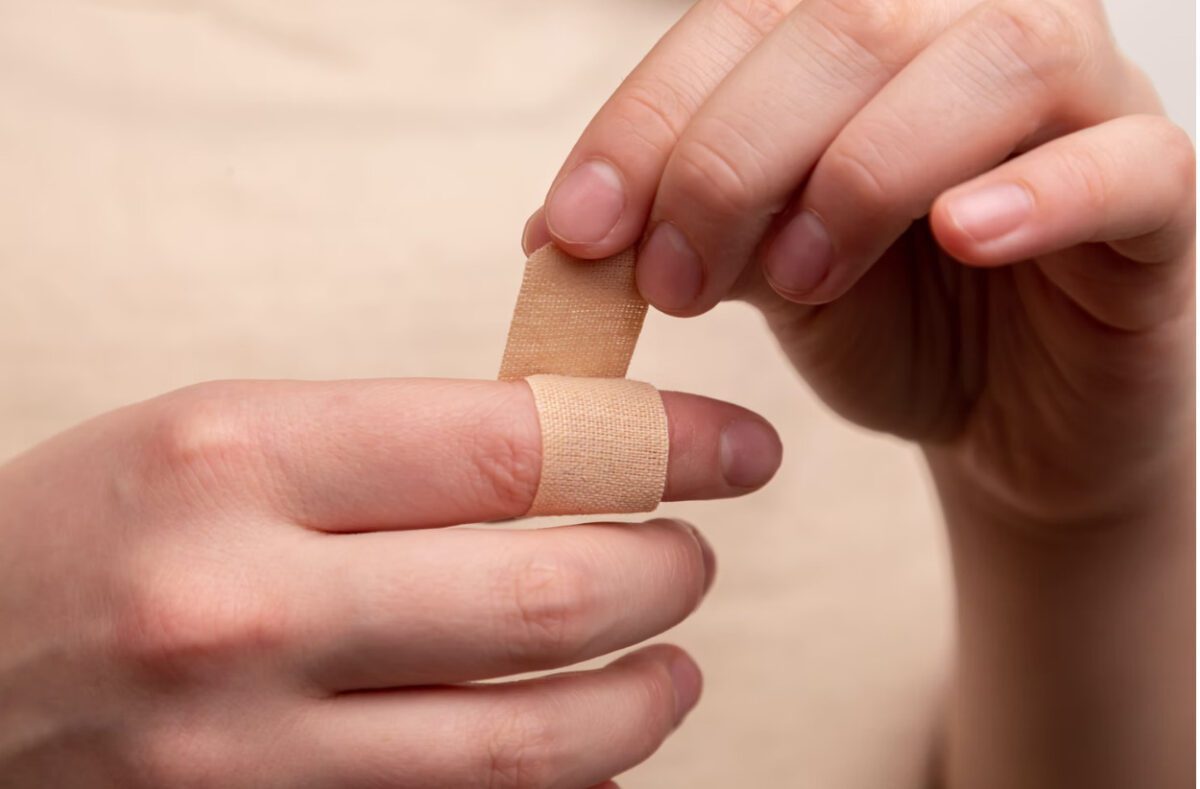Have you ever taken a serious look in your medicine cabinet? Do you have everything you might need in case of a minor illness or injury?
When it comes to your home health care supplies, gathering the right medications, materials and equipment is a crucial task. However, knowing where to start can be challenging even for skilled professionals. While it depends on your available budget, you also need to consider your priorities.
To help you out, we have compiled a list that can help you learn what medical supplies are a must-have for home health care and where you can find them.
Buying home health care supplies
Quality home medical supplies are pretty easy and convenient to find in local pharmacies and medical supply stores, especially if you are considering getting essential medications and basic home medical equipment.
However, buying different home health care products can also be done online, using medication coupons and for the lowest prices. As product prices vary a lot from pharmacy to pharmacy, it is a great idea to use online search engines to compare prices and get the best deal on your health care product. And the best thing about it is that your order will be delivered to your door.
Types of home health care supplies
Different home health care products can mainly be categorized into the following categories:
- Personal care items include items such as a commode, soft-grip utensils for people with arthritis or diabetic stockings;
- Monitoring care products are devices include a thermometer, glucose checker, blood pressure monitor, and step-on scale;
- Home safety care items are, for example, grab bars and bathtub mats;
- Popular mobility products include wheelchairs, walkers, and raised toilet seats.
A Must-Have Basic Home Health Care Supplies
Suppose you are in the process of procuring medical supplies for your home. In that case, one of the essential items you obviously must have is a first-aid kit. However, beyond this important item, there are other critical articles you need to consider:
- Medical adhesive tape (surgical tape) is used to secure dressings to the human body. Most of them are self-adhesive to stay in place once applied with a bit of pressure.
- Aluminum finger splints, usually padded with closed-cell foam, are ideal for temporarily immobilizing fingers and wrist in case of sprain or fracture.
- Antibiotic ointment is a topical ointment, typically in an oil base, applied to the skin to kill bacteria and prevent infection, intended for use on minor cuts, burns, or abrasions.
- Antiseptic solution is applied to the skin to stop itching and pain from certain skin conditions such as scrapes, minor burns, eczema, or insect bites.
- Bandages you can use to hold the wound in place and apply pressure to help control bleeding.
- Cotton balls and cotton-tipped swabs are made of soft fibers. They can be used in wound care, mainly for cleaning the wound.
- Single-use, non-latex gloves are used for protection against cross-contamination.
- Hand sanitizer is an agent applied to the hands to remove common pathogens.
- Eyewash solution is employed for cleaning the eyes and relieving irritation or burning by removing loose foreign materials. The most basic one is made from salt and water.
- Hydrogen peroxide is used as a wound cleanser to loosen and remove dead, damaged, or otherwise diseased tissue.
- Instant cold packs are utilized to treat injuries.
- Thermometer so you can measure the temperature of the body. There are different types: oral, rectal, multi-purpose, eardrum, and basal thermometers.
- Sterile saline is little more than just salt added to water. It is mostly used to clean wounds, help remove contact lenses, and help with dry eyes and nose.
- Petroleum jelly helps treat a range of skin conditions such as eczema. Still, it can also be utilized as a moisturizer and lubricant.
- Scissors and tweezers, safety pins in assorted sizes, and plastic bags are practical and helpful basic equipment.
To accompany your first-aid kit, you should also get a range of OTC medications that can enable you to administer immediate care. Examples include but are not limited to aspirin, anti-diarrhea medicine, calamine lotion, antihistamines, cough medicines, pain relievers, and laxatives.
The Bottom Line
The items listed in this article will provide you with a proper basis for home medical supplies. However, keep in mind that they are far from everything you need. Having other necessities like a digital blood pressure monitor, a neti pot, or inhaler machine on hand will expand your capabilities to tend for your loved ones.



